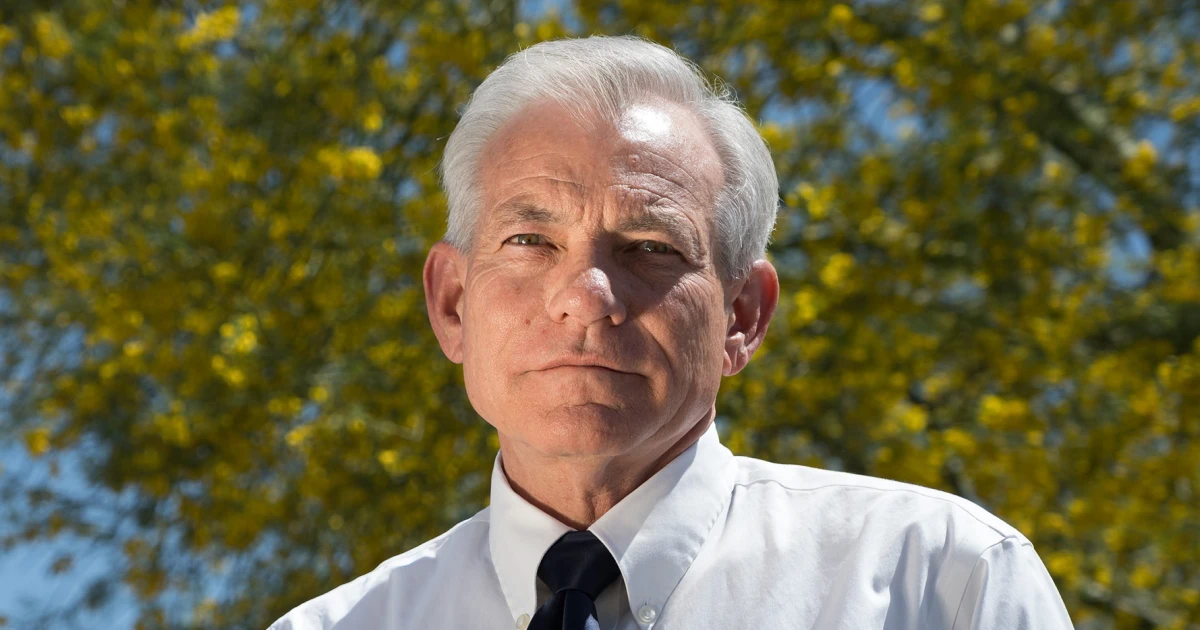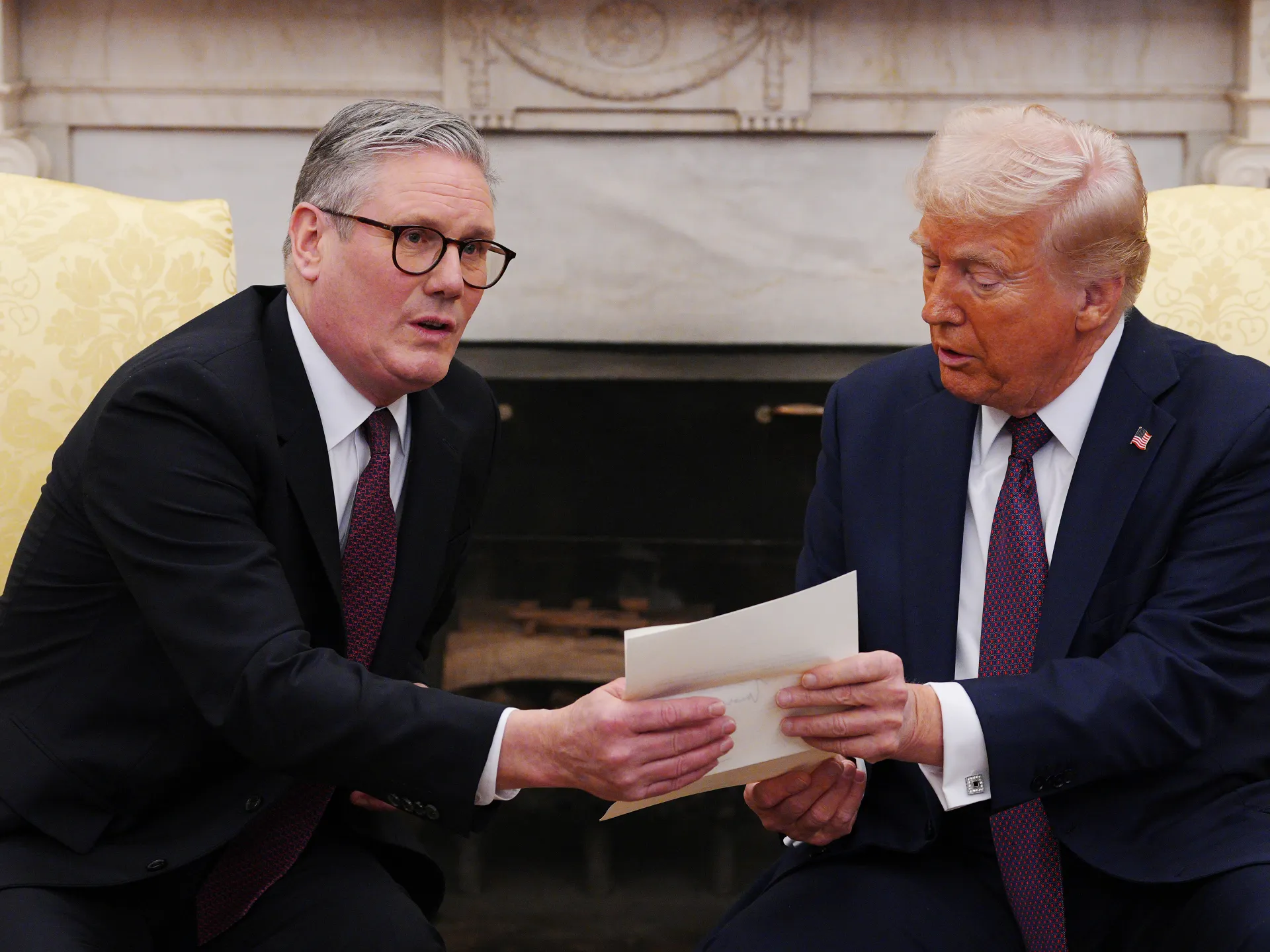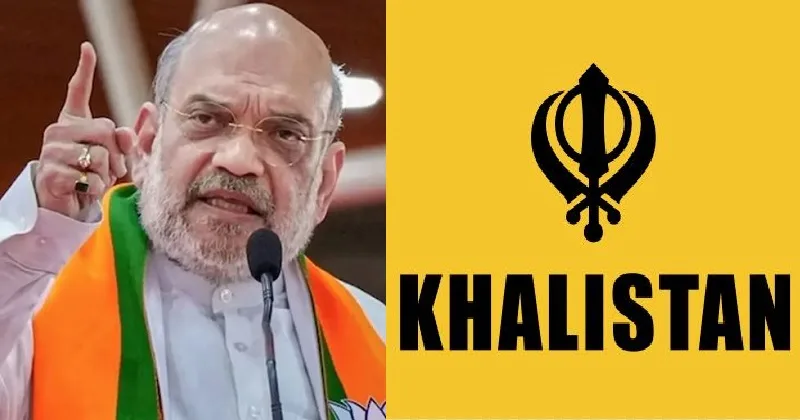
Republican Rep. David Schweikert is running for governor of Arizona, shaking up the battleground race that already includes two GOP candidates endorsed by President Donald Trump — and turning a pivotal, closely divided House district into an open-seat race in next year’s battle for control of Congress.
Schweikert, a 63-year-old, Phoenix-area representative who has served in Congress for more than a decade, announced his decision in a series of local interviews in which he blasted the dysfunction in Washington, telling Axios Phoenix that while D.C. is “unsavable,” that he believes “Arizona is savable.”
“We have a body that can’t even pass its appropriation bills,” he said to the Arizona Republic. He added: “In Arizona, I think you have the chance to actually bring in the changes, the technology, the modernization that would give us another decade of wage growth, some real prosperity.”
And Schweikert argued he’s the right kind of Republican to stem his party’s recent electoral losses in the state, Trump’s 2024 win there notwithstanding. Democrats hold the governorship mansion and both Senate seats in Arizona.
“We’ve gone four cycles where it hasn’t turned out well for us, and I believe I can flip that,” Schweikert said in his interview with the Arizona Republic.
Schweikert is one of more than a dozen Republican House members running for higher office instead of seeking re-election. And in Arizona, his decision only adds to the intrigue in a complicated Republican primary ahead of a general election against Democratic Gov. Katie Hobbs.
Schweikert’s colleague in the Arizona delegation, Rep. Andy Biggs, has been seeking the gubernatorial nomination for months. Former Arizona Board of Regents member Karrin Taylor Robson, who ran for governor in 2022, is also running. And Trump has issued a dual endorsement for both of them.
While both candidates had been jockeying for Trump’s support, the president decided to endorse both earlier this year, arguing that “either one will never let you down.”
Biggs, a founding member of the conservative House Freedom Caucus, has been endorsed by a handful of prominent conservatives in the state and in Congress, as well as Turning Point Action, the political arm of the late conservative activist Charlie Kirk, an Arizona resident himself who was assassinated earlier this month. And the longtime Trump ally has repeatedly echoed the president’s false claims undercutting the 2020 election results in the state.
Robson, who is backed by former House Speaker Newt Gingrich and Arkansas Gov. Sarah Huckabee Sanders (among others), has spent heavily — more than $3.8 million on ads — so far. While she ran her 2022 gubernatorial primary as the more moderate candidate to the Trump-backed Kari Lake, she’s now hugging Trump tight in her 2026 bid.
Schweikert’s decision to join the race will also have a ripple effect down the ballot, opening up a contested swing district as Trump and his party have focused intensely on trying to protect the Republican congressional majority in next year’s midterm elections.
Trump has encouraged key Republican House members to run for re-election and has endorsed them for their seats as they considered bids for higher office, which could have left key vacancies on the House battleground. Meanwhile, Trump has repeatedly called on Republican-controlled states to redraw their congressional districts to pad the party’s standing in the House.
Amid partisan fighting and relatively little legislating in Washington, 10 House Republicans are running for governor in 2026, including two each in Arizona and South Carolina.
Schweikert’s congressional seat has recently been one of the most-contested races in the state and will likely draw significant attention in the battle for control of the House. He won re-election last fall by about 4 points and while Trump carried the seat by 3 points. In the 2022 midterm elections, Schweikert won re-election by less than 1 point.



